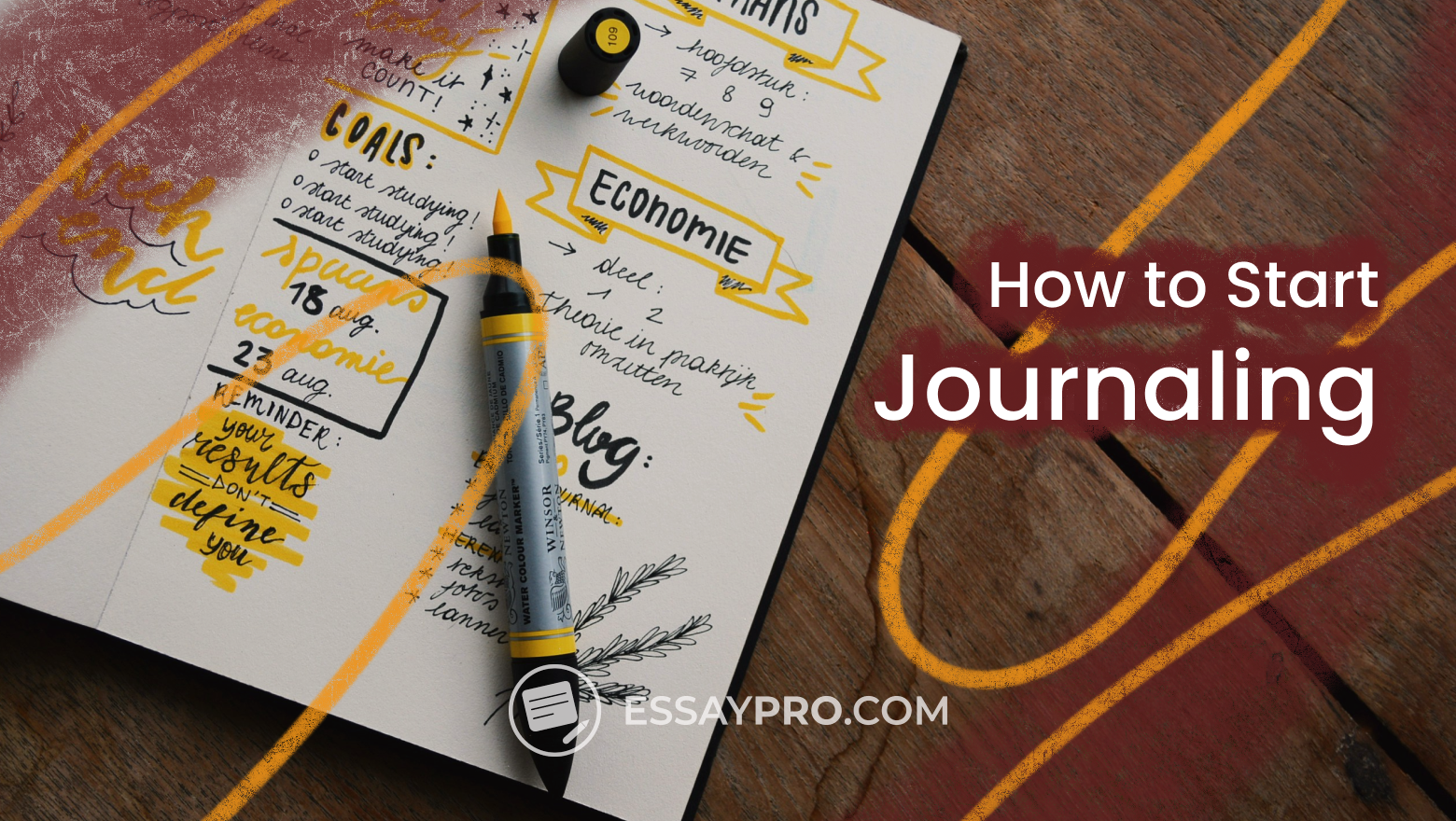It’s chaos. You’re balancing a group project meltdown, a mountain of assignments, and a friend ranting about their roommate problems. Your brain feels like it’s buffering. But then there’s that one person who’s calm, steady, and somehow making everything run smoother. They’re not lucky — they have high emotional intelligence (EQ).
Here’s the reality:
- 58% of success in life is driven by EQ, not just your intelligence quotient or grades.
- Students with strong EQ have 11% better academic performance, smashing deadlines and staying on top of things.
- High EQ cuts stress levels by 24%, making intense situations way more manageable.
If you’ve ever wondered what is emotional intelligence EQ and how to improve it, you’re in the right place. Let’s take a look at how you can build it.
What is Emotional Intelligence (EQ)?
High EQ meaning is the ability to understand your own emotions without letting them wreck your day and figuring out what’s going on with others, even when they’re being cryptic. Think of it as the skill that keeps you from emotional outbursts during a group project meltdown or helps you read the room when your friend says they’re “fine” (but you know they’re not).
Daniel Goleman is the guy who showed why emotional intelligence is important. He showed that understanding emotions is one of the biggest predictors of success in school, work, and relationships. It’s the foundation for better decisions, emotional experiences, stronger connections, and less stress.
What does emotional intelligence mean in action? It’s something you can build, one step at a time. Start small: notice your feelings, name them, and take a breath before reacting. That’s how to work on emotional intelligence every day.
The 5 Key Skills to Emotional Intelligence
Emotional intelligence isn’t some big mystery. It’s a set of 5 skills you can work on to navigate life better. As discussed in podcast of Stephen Smith on humor and cultural insight in journalism, the ability to read emotions and respond with empathy plays a vital role not just in storytelling, but in everyday interactions too. Here’s what these skills look like:
Self-Awareness
This is knowing what’s going on with your feelings before they run the show. Like realizing you’re not mad at your roommate for eating your snacks — you’re just stressed about that exam. Catching that moment is emotional awareness.
Self-Regulation
It’s staying in control when things get messy. Your laptop crashes right before the deadline? Instead of losing it, you take a second, breathe, and figure out a backup plan. That’s self management and emotional will in action.
Social Awareness
This is noticing what others are feeling without them having to say it. If your group partner is unusually quiet, they’re probably overwhelmed. Spotting stuff like that makes everything run smoother.
Social Skills
It’s knowing how to communicate effectively without things getting awkward, like sorting out a group project issue or sending a clear email to your professor without overthinking it.
Empathy and Motivation
Empathy is seeing things from someone else’s point of view, like understanding why your friend’s stressed even if you’re feeling fine, while motivation keeps you going, even when you’re tired.
These emotional IQ skills aren’t complicated, but they make a huge difference in how you handle other people’s emotions, stress, and everything in between.


How to Improve Your Emotional Intelligence
If you’ve been wondering how to improve your emotional intelligence, it’s easier than you think.
If you’re serious about your mental health and increasing emotional intelligence, these small changes can make a big difference in your life, from reducing stress to building stronger relationships.
How Do You Know Your EQ Level?
Want to know where your emotional intelligence stands and how to be emotionally intelligent? It’s easier (and more fun) than you think. Try these:
Knowing your EQ doesn’t have to feel like homework. Grab a quiz, chat with a friend, or just notice how you react in everyday situations. Every little step gets you closer to big EQ energy.
Emotional Intelligence in Action: Practical Scenarios
Knowing how to improve EQ is great, but seeing it in action is where it really clicks. Here’s how EQ plays out in real-life situations:
At Work
You’re in a group project, and someone’s slacking. Instead of snapping, you pull them aside and ask if they’re struggling with anything. Maybe they’re overwhelmed or unsure about their role. By addressing it calmly, you keep the project moving.
In Relationships
You’re out with your partner, and they’re unusually quiet, scrolling their phone like it owes them money. You can tell something’s up. Instead of shrugging and moving on, you pause and say, “Hey, I can see you’re not yourself. Want to talk about it?” Maybe they’re stressed about school or had a rough day, and that small act of noticing shows you care.
During Conflict Resolution
An argument with a classmate or roommate is heating up. Instead of letting it escalate, you take a breath, listen to their side, and focus on finding a solution. Turning “You’re wrong” into “How can we fix this together?” shifts the focus to manage conflict from defensive to constructive.
In Everyday Life
EQ works well in small moments of personal life, too, like when you notice a friend is unusually quiet and decide to check in, or when you stay calm during a stressful group meeting and help everyone refocus.
Emotional Intelligence Tools and Resources
Want to work on developing emotional intelligence skills without feeling like it’s another homework assignment? There are tons of fun and useful tools to help you out:
Best Books and Literature on Emotional Intelligence
Apps and Tools to Build EQ
Workshops and Online Courses
Podcasts and Videos
Pick one or two tools that fit your style, and you’ll be leveling up your EQ without even realizing it.
EQ: Your New Superpower
Emotional intelligence helps you stay cool under pressure, ace group projects, and actually understand the people around you. Use the tools, practice the steps, and watch the difference. Better focus, stronger interpersonal relationships, less stress — it all starts here.
Keep building your EQ. The glow-up is real.
Ready to Add a Dash of Wit to Your Academic Arsenal?
Get an essay that's more than just words on paper—it's an intellectual masterpiece!
FAQ
What Are the 5 Things About Emotional Intelligence?
The five key parts are self-awareness, self-regulation, social awareness, social skills, and empathy. Self-awareness is knowing what you’re feeling, and self-regulation is keeping your emotions in check. Social awareness is noticing how others feel, social skills help you connect with people, and empathy lets you understand their perspective.
How To Explain Emotional Intelligence?
Emotional intelligence is being tuned into emotions — yours and other people’s. It’s knowing what you’re feeling, why you’re feeling it, and using that to respond in a way that makes sense. It’s also understanding what others are going through, even if they don’t say it. Basically, it’s being emotionally smart, and it helps with everything from stress to relationships.
What Is EQ in Emotional Intelligence?
EQ, or emotional quotient, is a way to measure how good you are at understanding and managing emotions. High EQ means staying cool when things get intense, understanding how others feel, and avoiding unnecessary drama. It’s like street smarts, but for emotions, and it’s a skill you can work on and improve.

Adam Jason
is an expert in nursing and healthcare, with a strong background in history, law, and literature. Holding advanced degrees in nursing and public health, his analytical approach and comprehensive knowledge help students navigate complex topics. On EssayPro blog, Adam provides insightful articles on everything from historical analysis to the intricacies of healthcare policies. In his downtime, he enjoys historical documentaries and volunteering at local clinics.
TalentSmartEQ. (n.d.). 12 Habits of Genuine People. TalentSmartEQ. https://www.talentsmarteq.com/12-habits-of-genuine-people/
Collaborative for Academic, Social, and Emotional Learning (CASEL). (n.d.). What Does the Research Say?. CASEL. https://casel.org/fundamentals-of-sel/what-does-the-research-say/
NeuroLaunch. (n.d.). Student Stress Statistics. NeuroLaunch. https://neurolaunch.com/student-stress-statistics/
%20(1).webp)




